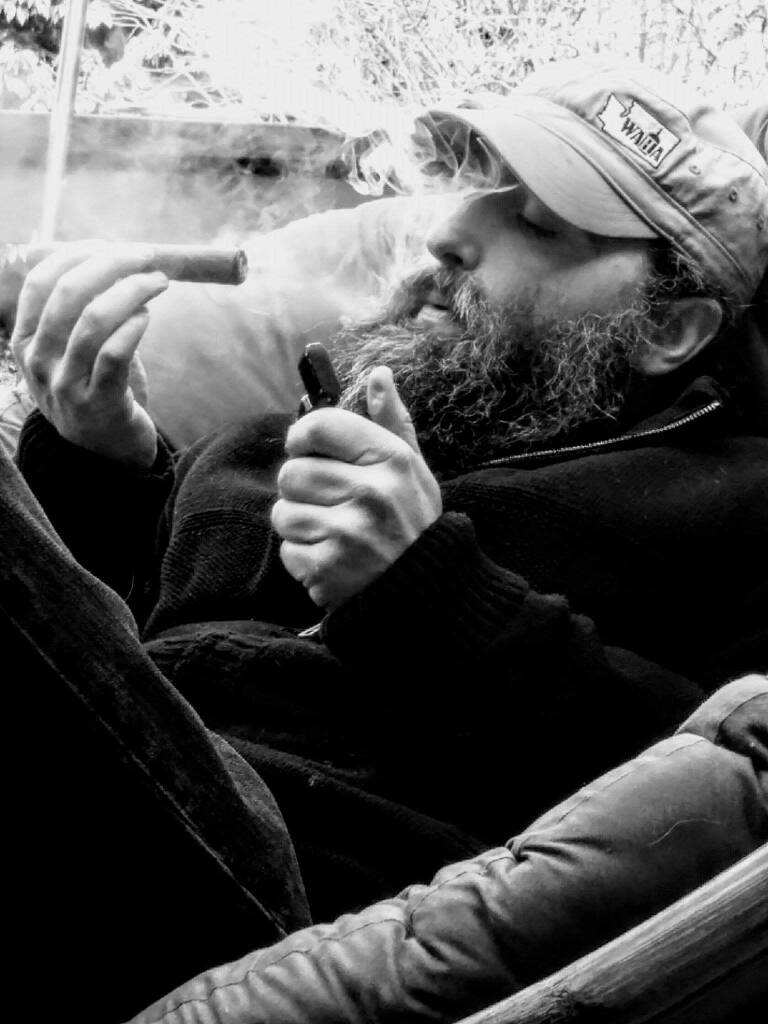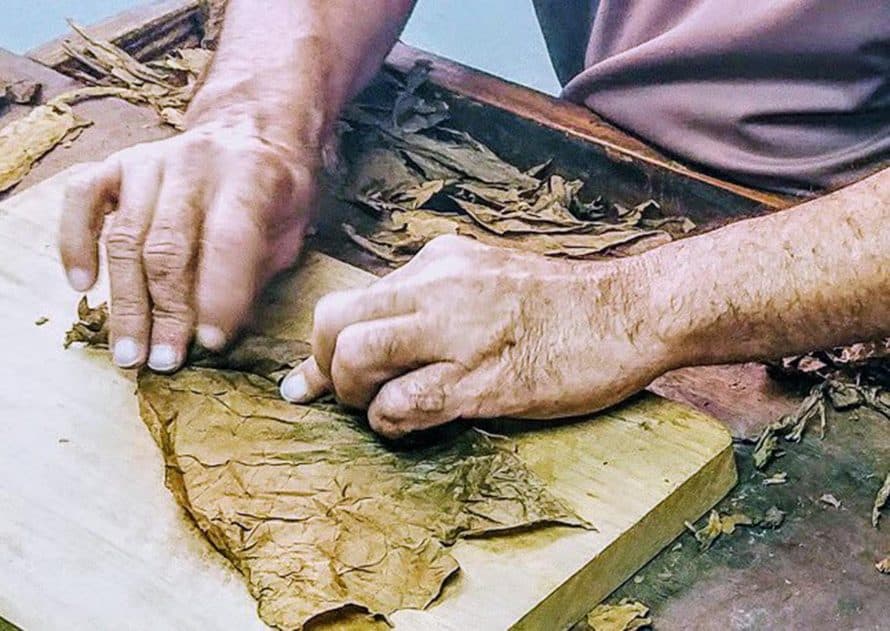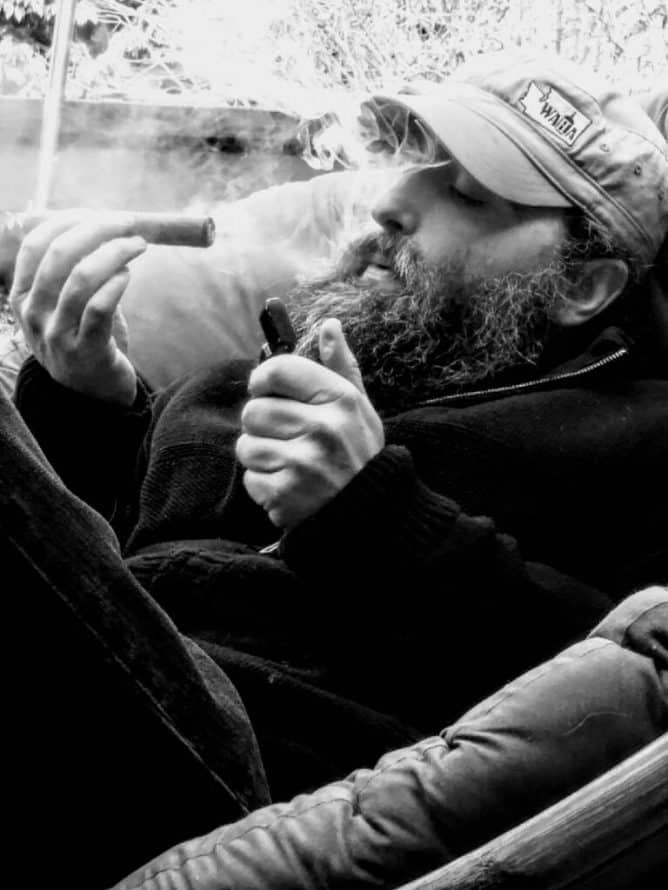

Jonathan O’Clair lives southeast of Phoenix. He has been bitten by the home crafting bug in many ways. He has been brewing his own beer since late 2010 and his brewing efforts have garnered multiple awards. Jonathan decided to start rolling his own cigars back in early 2015 after learning about a fellow home-brewer who was also rolling his own cigars. Being a crafter, Jonathan decided it was worth it to try it for himself, partially as a challenge and as a way to possibly save some money with the ever-increasing taxation and unreasonable regulations in the US cigar market.
Jonathan started with a kit from wholeleaftobacco.com. The kit included everything he needed to get started including the tobaccos for wrapper, binder, and filler. Surprisingly enough to Jonathan, the cigars looked pretty good for his first attempt, especially considering the fact that Jonathan did not use a cigar mold. The day after applying the wrapper and cap, Jonathan smoked one of his freshly rolled creations. He was pleasantly surprised to see that the cigar burned pretty well and was “creamy and woody, with a decent spice”.Now after 2 years of improving his skills and experimenting with tobacco blends, Jonathan is rolling about 120 of his own cigars every month. This is in addition to still being active as a brewer, and roasting his own coffee. He is hopeful that this craft hobby may lead to a career in the cigar industry one day. For now, he is excited to try new blends and always looks forward to trying a new cigar that he has made.
Don Carey is the managing partner at wholeleaftobacco.com (WLT). His business supplies tobacco products for the home-cigar roller, as well as tobaccos for pipe blends, cigarette blends, and just about anything else you imagine that is related to tobacco. WLT started supplying tobacco in 2008. The company supplies to home crafters, boutique manufacturers, and even television, film, and stage in the form of prop tobaccos.

When it comes to sourcing the tobaccos available at WLT, Don knows that the business is all about relationships. Although he used to travel quite a bit to source tobacco, after taking years to build strong relationships with suppliers Don knows that he will get the best that his suppliers have to offer. Keep in mind, most of these farms and suppliers that source tobacco to WLT also source tobacco to some of the largest and best known cigar brands in the world, and some special tobaccos are hand-picked and set aside just for Don and WLT. So a home-roller who gets tobacco from WLT will be using the same tobaccos that the big boys use. Don enjoys a cigar and a nice bourbon when he has the time. He may be smoking one of his own creations, or one of his favorite commercial brands. He also manages an online community of tobacco enthusiasts called fairtradetobacco.com.

Once a roller is established with basic hardware and a little experience, they can roll their own smokes for less than half the cost of the brands found on shelves at a local cigar shop. And since Nic rolls 40-50 cigars per month, that should give him plenty to smoke in case the FDA has their way in destroying the premium cigar industry. The incredible complexity in the world of cigar tobacco has been a real surprise for Nic as he journeys through his home-rolling experience. “I thought, after 20ish years of smoking higher end, handmade cigars that I knew a bit about what I’d been smoking. I was wrong.”

So, as a part of this home-rolled cigar series, some of the review panelists here at Blind Man’s Puff will be doing blind reviews of the cigars submitted by home-rollers at botl.org. After all of the reviews are in, the creators of the top 3 home-rolled cigars will win some nice prizes courtesy of wholeleaftobacco.com, but most importantly win some friendly bragging rights among their peers. Be sure to go to blindmanspuff.com every day for updates.







